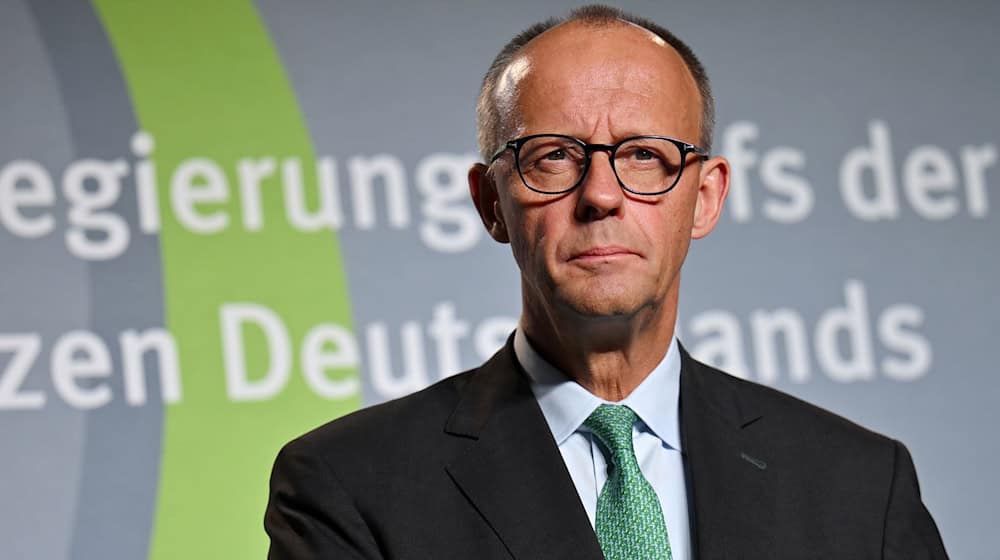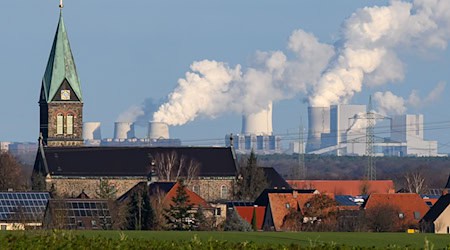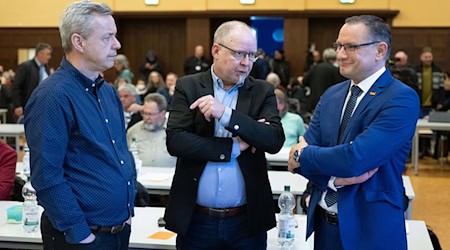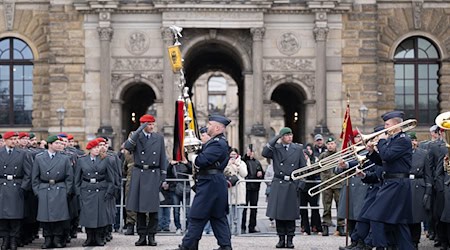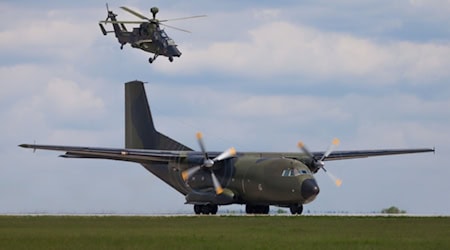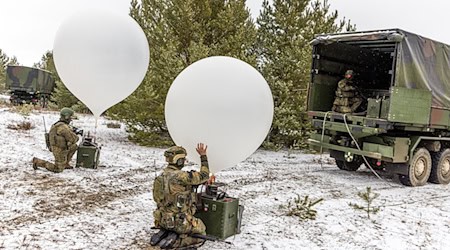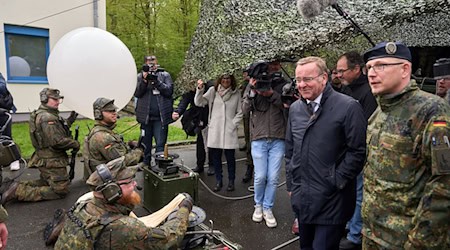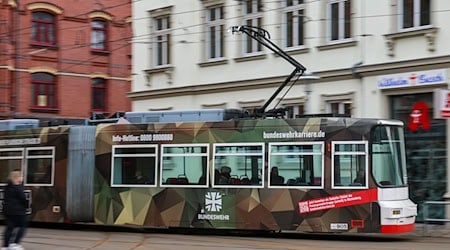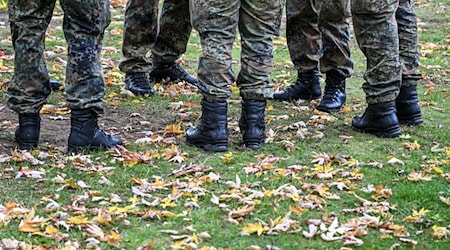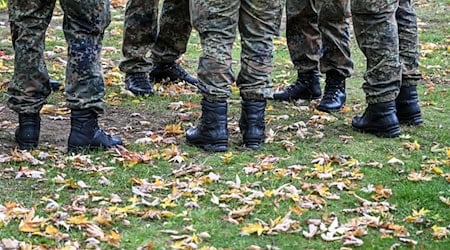If the East Germans are helping to pay for billions in armaments spending, they should also benefit from it: This is what the East German heads of government insist after consultations with Federal Chancellor Friedrich Merz (CDU) and Defense Minister Boris Pistorius (SPD). "Of course, these are location decisions made by the companies, but we can of course ensure that the location decisions are made under particularly favorable conditions," said Merz after the Minister Presidents' Conference at Ettersburg Castle near Weimar.
Building up armaments sites in the East
The East German Minister Presidents decided that "production and maintenance capacities should be increasingly established in East Germany" in view of the military tactical requirements on NATO's eastern flank.
Pistorius said after the conference: "We are in total agreement that we must make every effort to expand the defense industry locations in eastern Germany as well." At the same time, he dampened excessive expectations. "The reality is what it is. We cannot ignore the fact that there is only a much smaller proportion of defense industry locations in eastern Germany than in western Germany, especially in southern Germany." This cannot be changed in the short term. The procurement law does not provide for quotas and they "would also put us under considerable pressure in terms of time".
Pistorius announced a conference together with representatives of the arms industry and the Federal Ministry of Economics. "Defense capability in Germany means a strong defense industry and that means: if possible in all regions of Germany," said Pistorius. However, this will take some time.
For historical reasons, according to the Federal Association of the German Security and Defense Industry, the vast majority of Germany's armaments sites are located in the western federal states.
Pistorius outlines the threat situation
Pistorius addressed the current threat situation in Ettersburg: "We are not at war, but we are no longer in complete peace either. We are under attack, hybrid, with disinformation campaigns and drone intrusions," he said about renewed drone sightings in Denmark. Just two days after the drone alert at Copenhagen Airport, further drones were spotted over a number of airports in the Nato country of Denmark late on Wednesday evening and into Thursday night.
Merz said in Ettersburg: "We will not allow these attacks to continue. And we will take all measures that are necessary to prevent effective deterrence against these airspace violations, against these attacks by the Russian army."
Commissioner for Eastern Europe wants to create space for debate
The Federal Government Commissioner for Eastern Europe, Elisabeth Kaiser (SPD), sees a need for investment in security technology and also in the arms industry. "And the eastern German states have potential here." It is also their task to create space for social debate on security issues.
Thuringia's Minister President Mario Voigt (CDU) pointed out on the fringes of the conference that a disproportionately high number of Bundeswehr soldiers come from East Germany. "If we take on debt, it will also be about ensuring that the citizens in the east, who are also paying a lot, get something out of it." He expects that some of the military expenditure will reach the East. After all, the East has expertise in optics, aerospace and mechanical engineering in particular.
Brandenburg's Minister President Dietmar Woidke (SPD) expressed the expectation that "a large part of the 400 billion euro federal share of the loan-financed infrastructure package still has to go to East Germany". He would not say that eastern Germany had been disadvantaged in terms of infrastructure in recent decades, but there were gaps, including in rail transport. Merz promised that projects in the eastern German states and Berlin would also be considered from the so-called special fund.
Copyright 2025, dpa (www.dpa.de). All rights reserved

